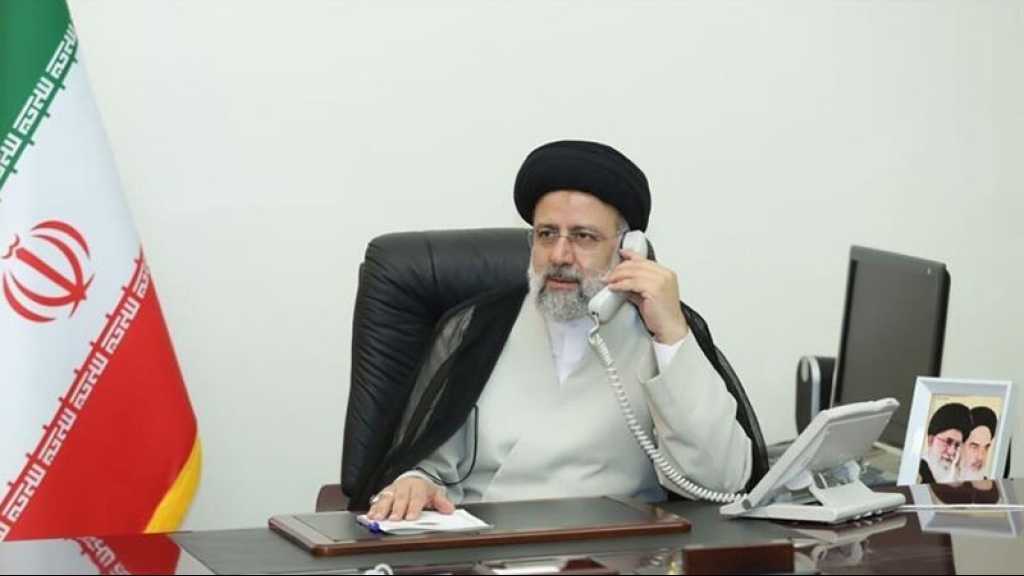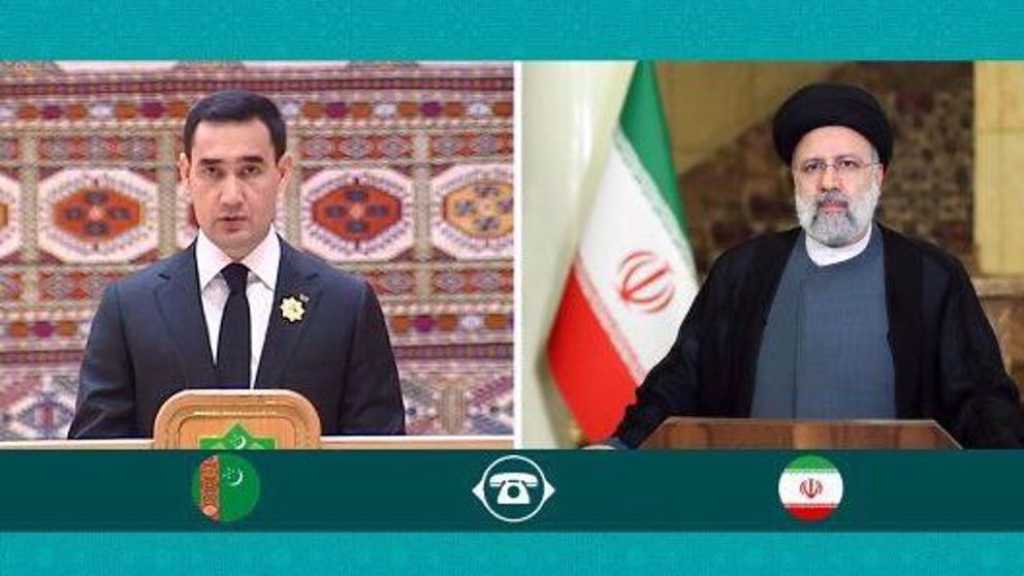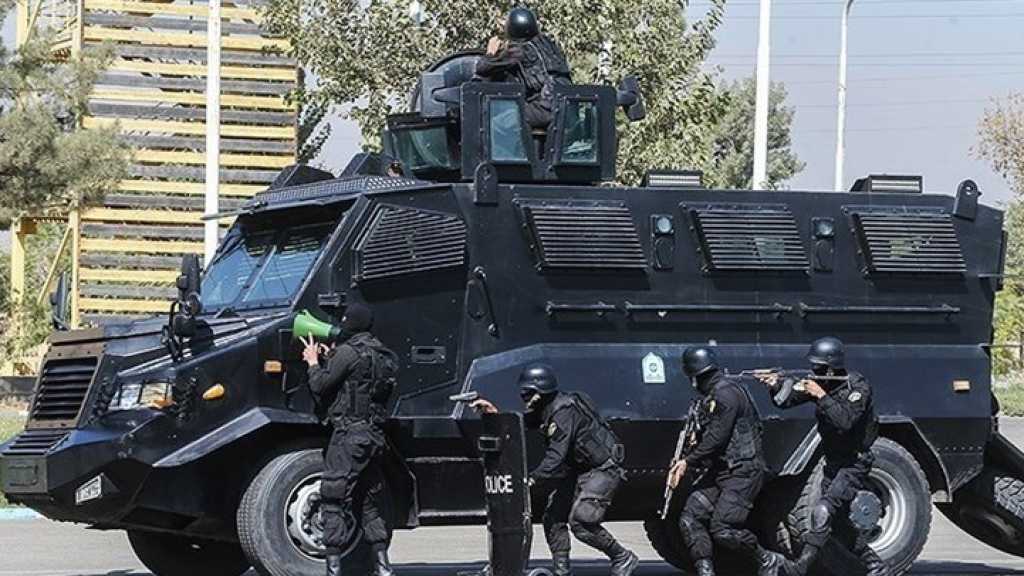
Tehran: Eventual Nuclear Deal Attainable after Mora’s Visit to Iran
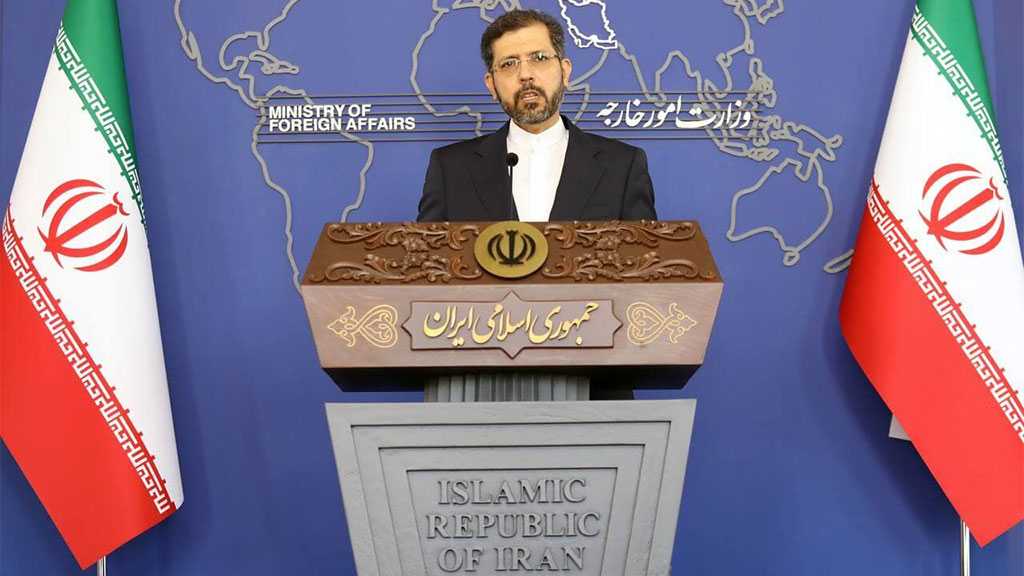
By Staff, Agencies
Iranian Foreign Ministry’s Spokesman Saeed Khatibzadeh raised the possibility of achievement of an ultimate agreement on the revival of Iran’s nuclear deal after an upcoming visit to Tehran by European Union deputy foreign policy chief Enrique Mora, reiterating the need for the US to make up its mind.
Speaking to reporters at a weekly press conference on Monday, Khatibzadeh said Mora’s planned visit to Iran indicates that the talks on the revival of the Joint Comprehensive Plan of Action [JCPOA] are on the right track.
“If the United States makes its decision today and gives back what it has picked from the pocket of the Iranian people, we will be able to strike a deal after Mora’s trip [to Iran],” the spokesman said, adding that the EU deputy foreign policy chief is scheduled to hold talks with Iran’s top negotiator Ali Baqeri Kani.
Pointing to the uninterrupted negotiations between Iran and the P4+1 on saving the JCPOA and lifting the sanctions on Tehran, Khatibzadeh said messages have been exchanged constantly between Tehran and Washington via the JCPOA coordinator.
“What has happened in Vienna is caused by the lack of Washington’s decision. The United States is not supposed to give Iran a present, but it must rather restore the Iranian nation’s rights,” he stated.
The text of an eventual deal between Iran and the P4+1 has already been finalized, Khatibzadeh noted, adding, “I would not say that there is a deadlock. The US’ decision could easily make an agreement in Vienna possible.”
Several rounds of negotiations have been held in the Austrian capital since April 2021 to bring the US back into the Iran deal. The Vienna talks, however, exclude American diplomats due to their country’s withdrawal from the JCPOA in May 2018.
Recent weeks have brought the talks to a new impasse, as the US insists on its refusal to remove Iran’s Islamic Revolution Guard [IRG] from its foreign terrorist organization list.
Iran maintains that the IRG’s designation in 2019 was part of former president Donald Trump administration’s so-called maximum pressure campaign against Iran, and therefore, it has to be reversed unconditionally.
The Joe Biden administration disagrees, even though it has admitted on countless occasions that Trump’s maximum pressure policy has been a disastrous failure. It has retained the IRG’s designation as leverage in the talks.
The Islamic Republic has made clear that both the JCPOA and the UN Security Council Resolution 2231 are the benchmarks for the Vienna talks, rejecting anything less or more than those two.
Comments
- Related News
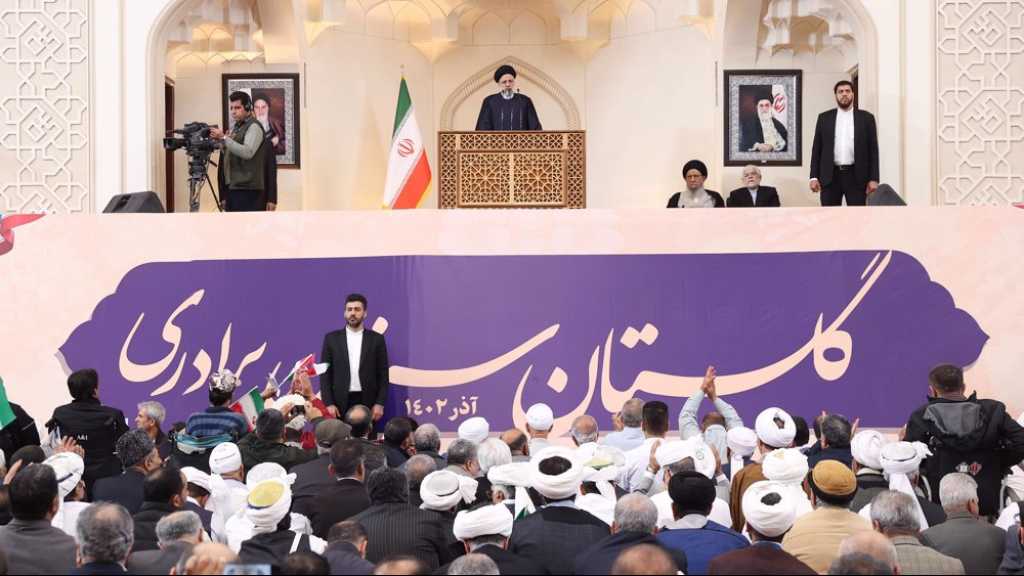
Raisi: Palestinian Resistance Astonished The World
3 months ago